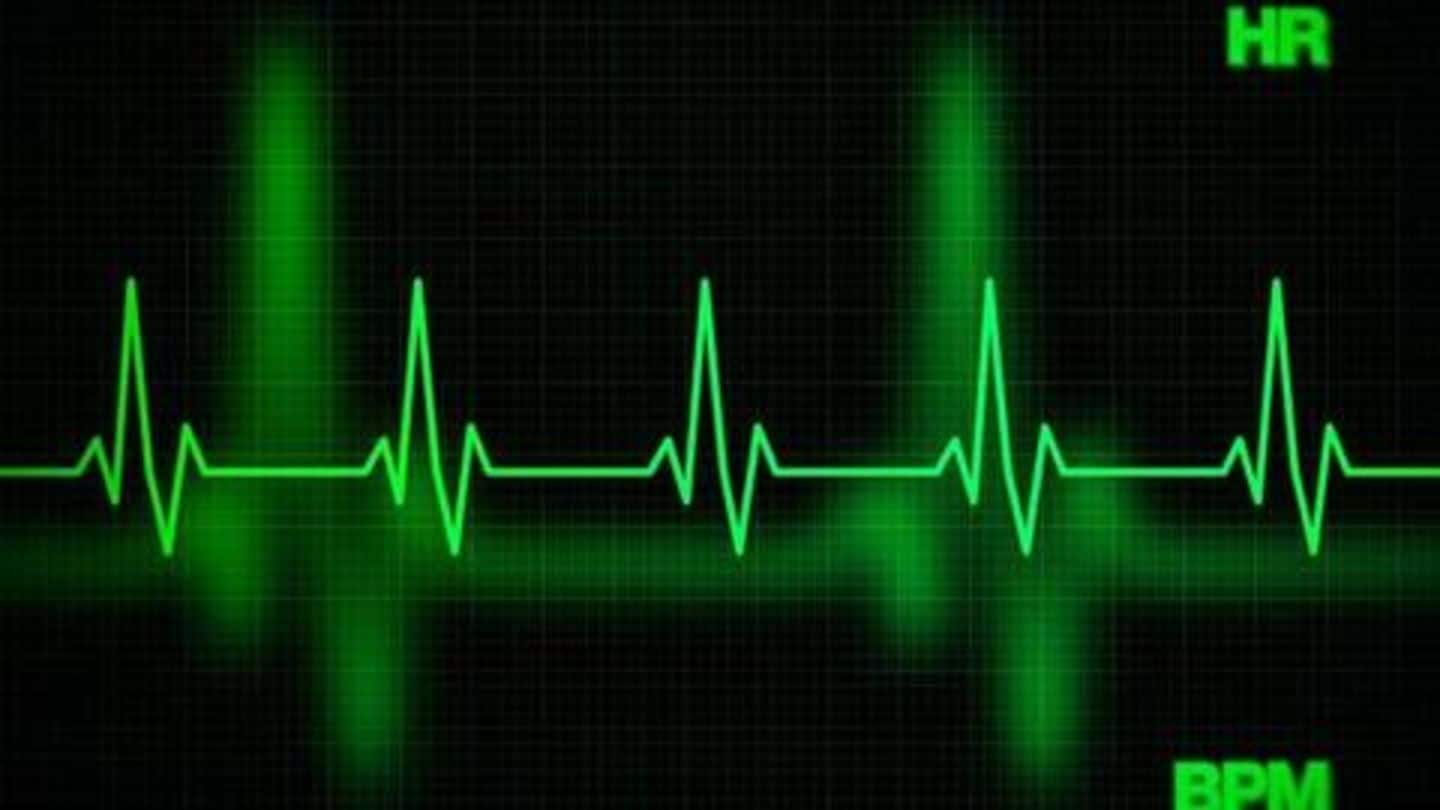
This AI sensor can predict heart failure days in advance
What's the story
In a major health tech-related development, scientists have created an AI-based sensor that can predict heart failure days in advance. The device, which comes in the form of an adhesive patch, can be worn on the chest and eventually come handy in warning elderly people about deteriorating heart conditions and the possible risk to life. Here's all you need to know about it.
Device
Patch measures, transmits heart condition in real time
Once worn by a person, the patch in question begins real-time monitoring of their heart rate, breathing patterns, sleep quality, body posture, and physical activity. The data is collected and then transmitted to a mobile app that uses an AI engine to look into the information and set a baseline for the normal condition of the individual.
Red flags
Looking for red flags indicating deteriorating heart condition
As the information keeps coming in, the AI engine of the app, trained to identify patterns signaling different heart conditions, continues to look for potential red flags indicating deteriorating heart health. It processes the data while comparing it to the baseline - and the moment something suspicious pops-up, it alerts the wearer about the issue at hand, prompting them to get a check-up done.
Test
Tests were highly successful
In order to test the working of the patch in the real world, the team placed the device on the chest of 100 heart failure patients with an average age of 68. They monitored the subjects for a period of three months and noted that the device was able to correctly identify the need for hospitalization in 80% of the cases.
Advantage
Predictions were made about 10 days in advance
In the tests, the AI was able to predict the need for hospitalization around 10 days before the patients were readmitted. This, the researchers behind the AI patch say, can prove helpful in averting at least one of three hospital readmissions within the first few weeks of being discharged and contribute significantly towards saving lives by preventing heart condition from worsening.
Quote
This can help physicians make prompt interventions, the researchers say
"Being able to readily detect changes in the heart sufficiently early will allow physicians to initiate prompt interventions that could prevent re-hospitalization and stave off worsening heart failure," Dr. Josef Stehlik, one of the team members behind the AI patch, said in a statement.